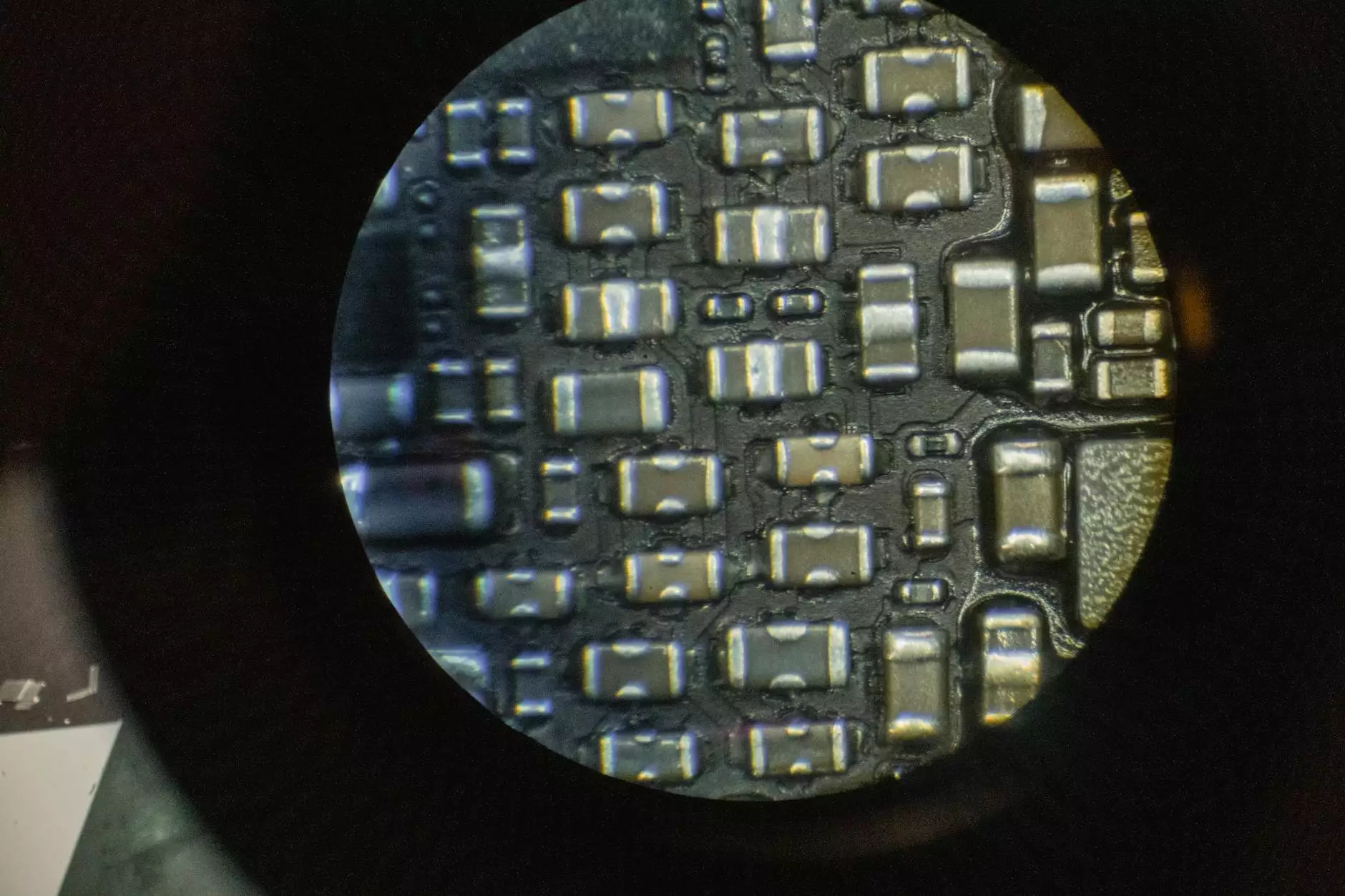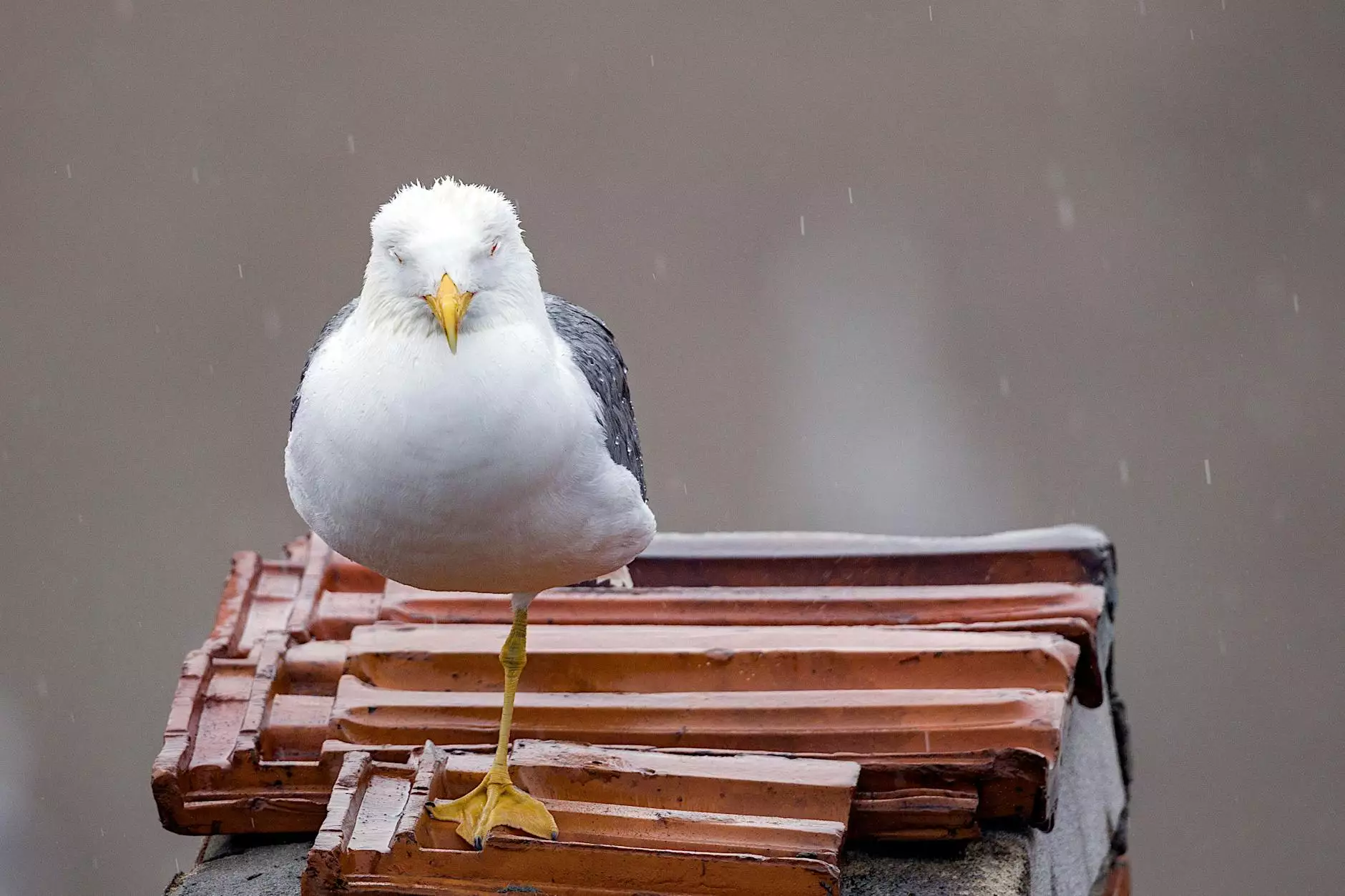The Ultimate Guide to Exotic Pet Birds

When it comes to choosing a pet, few options are as enchanting as exotic pet birds. These vibrant and intelligent creatures can bring joy, companionship, and beauty into any home. In this comprehensive guide, we will delve into the fascinating realm of exotic pet birds, covering everything from their adoption to their breeding and care. Whether you’re a seasoned bird owner or a first-time adopter, this guide will provide you with valuable insights.
Why Choose Exotic Pet Birds?
Exotic pet birds offer a unique companionship that often surpasses that of traditional pets. Here are some reasons why they make wonderful pets:
- Vibrant Colors: Exotic birds come in a wide array of stunning colors that can liven up any space.
- Intelligent Beings: Many species exhibit remarkable intelligence, capable of learning tricks and mimicking sounds.
- Interactive Companions: They can form strong bonds with their owners, providing companionship and affection.
- Unique Personalities: Each bird has its own distinct personality, which can be both entertaining and heartwarming.
Understanding Exotic Pet Birds
To create a fulfilling environment for your pet bird, it’s essential to understand the different species and their basic needs. Here’s an overview of some popular exotic pet bird species:
1. Parrots
Known for their vibrant plumage and intelligence, parrots are one of the most beloved groups of exotic pet birds. Species such as the Macaw, African Grey, and Amazon Parrot are particularly popular.
2. Budgerigars (Budgies)
Budgeigars, or budgies, are small, social birds that are easy to care for and make excellent pets for beginners. They come in various colors and patterns, adding charm to your home.
3. Cockatiels
Cockatiels are smaller parrots that are known for their affectionate nature and playful antics. They are great for families and often enjoy being around people.
4. Canaries and Finches
Canaries and finches are often kept for their beautiful songs and are relatively low maintenance. They thrive in pairs and enjoy socializing with their kind.
Pet Adoption: Finding Your New Feathered Friend
Adopting an exotic pet bird is a rewarding experience that requires careful consideration. Here’s how you can successfully adopt a bird:
1. Research the Species
Every species of exotic bird has different care requirements. Research various species to determine which bird best fits your lifestyle.
2. Visit Reputable Breeders or Shelters
When adopting, seek outreputable breeders or animal shelters that specialize in exotic birds. Look for organizations that prioritize the health and welfare of their birds.
3. Prepare Your Home
Before bringing your new pet home, ensure you have all the necessary supplies: a suitable cage, toys, food, and perches. Create a safe and welcoming environment.
4. Integration into Your Home
Once you’ve adopted your bird, give it time to adjust to its new environment. Let it explore its cage and provide opportunities for socialization.
Care and Maintenance of Exotic Pet Birds
Caring for exotic pet birds involves meeting their nutritional, physical, and emotional needs. Below are essential care tips:
1. Diet and Nutrition
A well-balanced diet is crucial for your bird’s health. Provide a mix of:
- High-quality pellets: These should be the staple of their diet.
- Fresh fruits and vegetables: Leafy greens, apples, and carrots are great options.
- Seeds and nuts: These should be given in moderation as treats.
2. Clean and Spacious Living Environment
Your bird’s cage should be appropriately sized and cleaned regularly. Ensure it has room to fly and play. Daily spot cleaning and weekly deep cleans will help keep the environment healthy.
3. Mental Stimulation and Playtime
Exotic pet birds are intelligent and need mental stimulation. Provide a variety of toys and engage them in playtime. Training sessions can also help nurture their intellect.
4. Social Interaction
Many birds thrive on social interaction. Spend quality time with your bird, and consider getting a companion if the species is social by nature.
Common Health Issues in Exotic Pet Birds
Like all pets, exotic birds can be susceptible to health issues. It’s essential to be aware of common health problems and preventive care:
1. Psittacosis
This bacterial infection is a concern in parrots and can be transmitted to humans. Regular veterinary check-ups can help prevent outbreaks.
2. Feather Plucking
Feather plucking is a behavioral issue often caused by stress or boredom. Providing a stimulating environment can help reduce this behavior.
3. Obesity
Exotic birds can become overweight if not given proper nutrition and exercise. Monitor their diet closely and encourage active play.
Finding Reputable Pet Breeders and Reptile Shops
When searching for a place to adopt or purchase exotic pet birds, it’s crucial to locate reputable breeders and pet shops. Here’s how:
1. Online Resources
Websites like buyreptilesaus.com can provide insights into trustworthy breeders and rehabilitation centers.
2. Community Recommendations
Join bird-related forums or local bird clubs to connect with other bird owners who can recommend reliable sources.
3. Visiting in Person
Whenever possible, visit breeders in person to observe their practices and ensure birds are well cared for. Look for signs of healthy birds, including bright eyes and clean feathers.
Conclusion: The Joy of Owning Exotic Pet Birds
Owning exotic pet birds can be one of the most fulfilling experiences in life. From the vibrant colors and cheerful chirps to their unique personalities, they offer endless entertainment and companionship. By understanding their needs and providing a nurturing environment, you can create a lifelong bond with your feathered friend. Remember to always seek out trusted sources for adoption and care, and you’ll be well on your way to becoming a proud bird owner.
Explore more about exotic pet birds and find your new pet at buyreptilesaus.com, where you can connect with breeders, shelters, and expert advice on keeping exotic birds.









